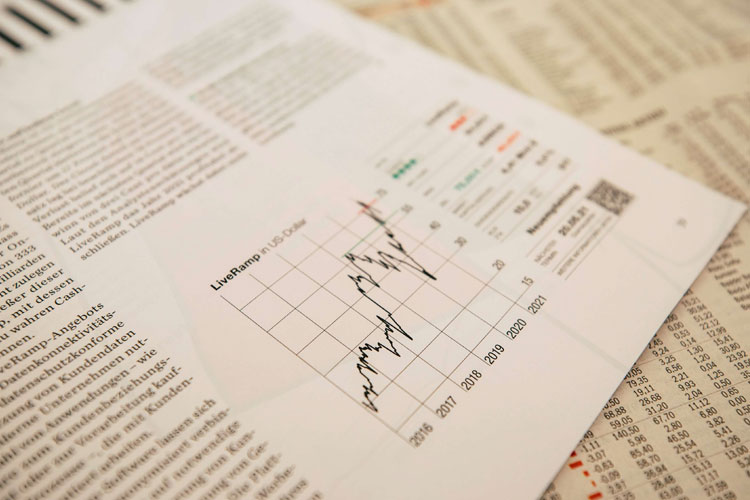

Real estate and projects in Dubai have garnered the attention of a global audience. Let’s understand how this will change the future of real estate industry.
May 30, 2022 | Insiya Kachwala | UAE | Property Management

The real estate market is bound to fluctuations based on the majority of investors and their willingness to invest in projects. While 2018 saw a large boom in the Dubai realty industry due to increased demand for projects to invest in, 2019, right from its onset was a year of decline in rental and sales prices. This happened due to the imbalance between the dropping demand for new properties and the excess in prospective projects in the region.
In a massive turn of events over the course of this year, real estate and projects in Dubai have garnered the attention of a global audience. A large contributor to this surge has been increased foreign investment and real estate events such as expos and summits. According to a report published by Property Monitor, a trend of a new buyer demographic is emerging- European buyers. In specific the report discussed how European families relocating to Dubai have made up a large portion of the new property sales in the last quarter as compared to the usual individual buyers.
This spike in requirements has pushed the Dubai property market to monthly transactional surges, marking an eight-year high of price hike values since December 2013. As of June 2021, the median prices for properties were: Dh928,848 for apartments, Dh1.7 million for townhouses, and Dh3.4 million for villas.
This June sales rose up by a staggering 43.7 percent, a steep increase of 17.4 percent from last June when buyers were first taking notice of lucrative real estate deals. In Dubai, properties have measured an average markup by up to 5.4 percent so far in 2021 following further growth in May, according to new research.
Buyers also showed a preference for ready to occupy properties over new launches whose progress was stalled due to the pandemic and lockdowns. This shift in buyer mindset can be attributed to a host of different reasons, ranging from the COVID-19 pandemic to the varying cultural backgrounds of the buyer demographic.
Dubai has seen an evolution in the resident culture over the last few years. The key distinction in the current scenario is that instead of a sole breadwinner moving to Dubai, their entire family relocates with them. Thus resident culture has gone from being an individualistic experience to a more community-centric one. Dubai is seen as a safe investment not only economically but also culturally, making it an ideal place to relocate from across the world, may it be for business or for leisure. This uptick in European real estate buyers has been reflected across various institutions like schools across the emirate, which have seen increased enrolment numbers in the last quarter.
A key attraction for international investors has been the proactiveness of the administration and rulers of Dubai. This has translated into the way the emirate has handled the pandemic and vaccination systems, creating an environment that is a safe haven for many across the globe. With a better understanding of these systems and administration, it also offers a better quality of life, making Dubai one of the most lucrative sites for foreign settlers and investors.
Lockdowns, work from home culture and busier lifestyles have all led to a rise in the social isolation of residents across the emirate. Communities across the region are adopting different ways to stay connected, from mobile applications to organizing events. The increased demand for open spaces and villa properties has also been a direct result of the pandemic.
Recovering from the slump in sales last year and demand-supply imbalance, the real estate market has a host of new projects that are ready to occupy for residents. Surges in real estate investment for a region in most cases directly correlate to a spike in opportunities within the Real Estate Management industry. In this particular scenario, the astounding number of incoming foreign residents also draws attention to the increased need for Community Management and Facility Management services across the region. In addition to this, events like Expo 2020 have attracted large numbers of international visitors who plan extended stays in the emirate.
With the quick distribution of vaccines and efficient handling of the pandemic situation, Dubai is fast approaching pre-pandemic levels of business and interactions. This combined with the inflow of new residents is sure to be an opportunity for REM services and organizations across the board.